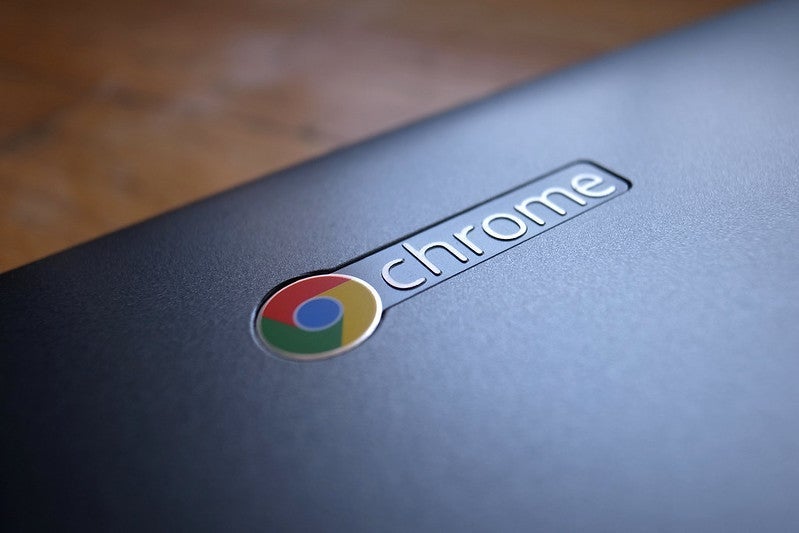Recently, the Danish data protection authority (Datatilsynet) has issued a directive to stop the transfer of student data to Google GOOGL in the country’s schools. The decision comes after a four-year investigation into the potential misuse and long-term impact of student data sent to Google.
What Happened: The Danish data protection authority has ordered 53 municipalities across Denmark to halt the transfer of student data to Google, reported Bleeping Computer on Wednesday. The decision was made following a complaint by Jesper Graugaard, an activist and concerned parent, about the lack of consideration for the potential misuse of student data.
The agency has deemed the current methods of sharing personal data with Google lacking a legal basis for all disclosed purposes. The municipalities have been instructed to adjust their data processing practices accordingly.
The permissible uses of student data include providing educational services offered by Google Workspace, enhancing the security and reliability of these services, facilitating communication, and fulfilling legal obligations. Non-permissible cases include purposes related to maintaining and improving Google Workspace for Education, ChromeOS, and the Chrome browser.
While the decision doesn’t directly result in a ban on Chromebooks, it imposes significant restrictions on sharing personal data with Google.
Why It Matters: This ruling comes in the wake of a series of regulatory actions against Google in Europe. In January, an EU court advisor suggested dismissing Google’s appeal against a $2.6 billion fine for unfairly promoting its shopping services. This ruling could further complicate Google’s operations in the European market.
Moreover, in November, both Microsoft and Google agreed to comply with the EU’s new tech regulations, which aimed to make it easier for users to switch between rival services. This move was seen as a step towards aligning with the EU’s stringent data privacy and competition regulations.
Image by luis roca via Shutterstock
Engineered by Benzinga Neuro, Edited by
Pooja Rajkumari
The GPT-4-based Benzinga Neuro content generation system exploits the extensive Benzinga Ecosystem, including native data, APIs, and more to create comprehensive and timely stories for you.
Learn more.
Image and article originally from www.benzinga.com. Read the original article here.

